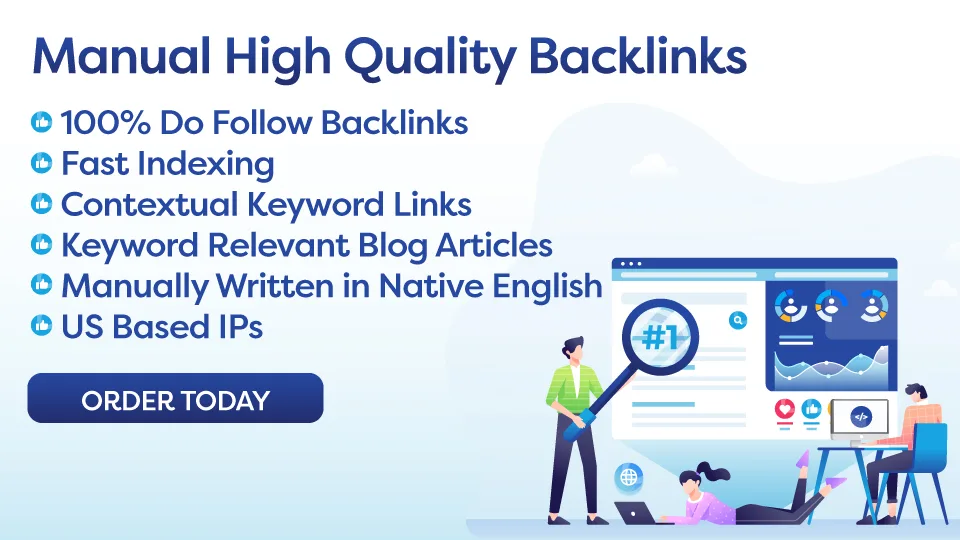Multilingual SEO is crucial for local businesses to broaden their audience and increase online visibility. It helps attract customers who prefer content in their native language, gives a competitive edge, and builds trust by showing inclusivity. Key elements include keyword research, content optimization, language-specific meta tags and URLs, utilizing local directories, and tracking performance metrics. Small business owners should assess the need for multilingual SEO, optimize content, implement best practices, and monitor performance to drive growth. By optimizing their website for multiple languages, businesses can connect with customers worldwide and expand their reach effectively. Don’t miss out on potential customers due to language barriers – start implementing multilingual SEO today!
Excerpt: Multilingual SEO for local businesses is essential for reaching a broader audience and increasing visibility online. Don’t miss out on potential customers due to language barriers!
Introduction:
As a small business owner, you understand the importance of reaching as many customers as possible in order to grow your business. One key way to do this is through multilingual SEO, which involves optimizing your website for multiple languages to attract a diverse range of customers. In an increasingly globalized world, multilingual SEO for local businesses is no longer a luxury but a necessity.
Key Takeaways:
1. Understanding the importance of multilingual SEO for local businesses.
2. Implementing multilingual keyword research and content optimization.
3. Utilizing language-specific meta tags and URLs.
4. Leveraging local directories and citations for multilingual SEO.
5. Tracking and analyzing multilingual SEO performance.
Key Takeaways Explained:
1. Importance of Multilingual SEO:
– Capturing a diverse audience: By implementing multilingual SEO, you can reach customers who prefer to search and consume content in their native language.
– Competitive advantage: Businesses that invest in multilingual SEO are able to outperform competitors who only target English-speaking audiences.
– Building trust and credibility: Providing content in multiple languages shows that your business is inclusive and values diversity, leading to increased trust from customers.
2. Multilingual Keyword Research and Content Optimization:
– Conduct keyword research in different languages to identify high-volume keywords and phrases.
– Optimize website content for each language, ensuring it is culturally relevant and tailored to the target audience.
– Use translation services or native speakers to create accurate and engaging content in multiple languages.
3. Language-Specific Meta Tags and URLs:
– Customize meta tags, titles, and descriptions for each language to improve visibility in search engine results.
– Create language-specific URLs for different versions of your website to help search engines understand the language targeting.
4. Local Directories and Citations for Multilingual SEO:
– Submit your business information to local directories and citation sites in multiple languages to improve local search visibility.
– Ensure consistency in business details across different languages to enhance credibility and trustworthiness.
5. Tracking and Analyzing Multilingual SEO Performance:
– Monitor key performance indicators (KPIs) such as organic traffic, keyword rankings, and conversion rates for each language version of your website.
– Use analytics tools to measure the effectiveness of your multilingual SEO efforts and make adjustments as needed to improve results.
Action Plan for Small Business Owners:
1. Assess the need for multilingual SEO based on your target audience and business goals.
2. Conduct multilingual keyword research and optimize website content for different languages.
3. Implement language-specific meta tags, URLs, and local directories for improved visibility.
4. Monitor and analyze the performance of your multilingual SEO strategy, making adjustments as needed to drive better results.
Conclusion:
In conclusion, multilingual SEO for local businesses is a powerful tool for expanding your reach and attracting a diverse customer base. By understanding the importance of multilingual SEO, implementing best practices, and tracking performance, small business owners can effectively reach new markets and drive growth. Don’t miss out on the opportunity to connect with customers around the world – start optimizing your website for multiple languages today!
FAQ:
Q: How does multilingual SEO benefit local businesses?
A: Multilingual SEO helps local businesses reach a broader audience, improve visibility in search results, and build trust with customers who prefer to consume content in their native language.
Q: What are some key elements of a successful multilingual SEO strategy?
A: Key elements include conducting multilingual keyword research, optimizing website content for different languages, using language-specific meta tags and URLs, leveraging local directories, and tracking performance metrics.
Q: Can multilingual SEO help small businesses compete with larger companies?
A: Yes, investing in multilingual SEO can give small businesses a competitive advantage by reaching diverse audiences and outperforming competitors who only target English-speaking customers.

